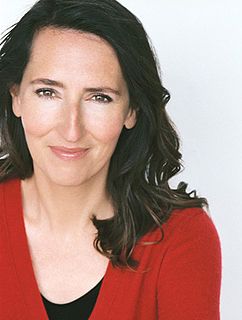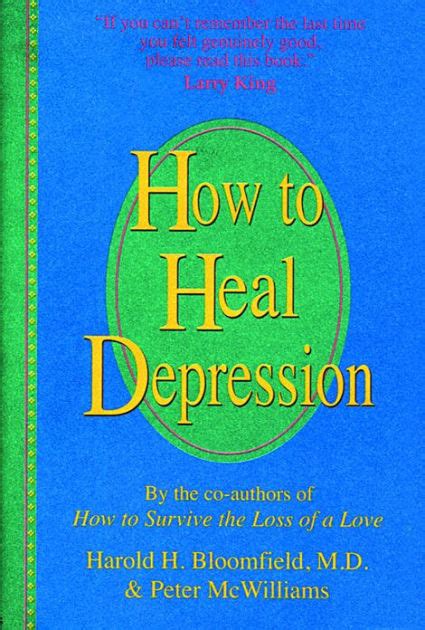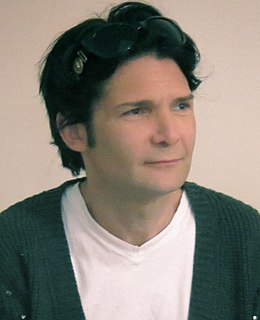A Quote by Sonja Lyubomirsky
...The more a person is inclined to gratitude, the less likely he or she is to be depressed, anxious, lonely, envious, or neurotic.
Related Quotes
Antisthenes used to say that envious people were devoured by their own disposition, just as iron is by rust. Envy of others comes from comparing what they have with what the envious person has, rather than the envious person realising they have more than what they could have and certainly more than some others and being grateful. It is really just an inability to get a correct perspective on their lives.
Studies show that the more often families eat together, the less likely kids are to smoke, drink, do drugs, get depressed, develop eating disorders and consider suicide, and the more likely they are to do well in school, delay having sex, eat their vegetables, learn big words and know which fork to use.
Gratitude is a mindful awareness of the benefits of life. It's the greatest of virtues. Studies have linked the emotion with a variety of positive effects. Grateful people tend to be more empathetic and forgiving of others. People who keep a gratitude journal are more likely to have a positive outlook on life. Grateful individuals demonstrate less envy, materialism, and self-centeredness. Gratitude improves self-esteem and enhances relationships, quality of sleep, and longevity.
If we can find forgiveness in our hearts for those who have caused us hurt and injury, we will rise to a higher level of self-esteem and well-being. Some recent studies show that people who are taught to forgive become 'less angry, more hopeful, less depressed, less anxious and less stressed,' which leads to greater physical well-being. Another of these studies concludes 'that forgiveness ... is a liberating gift [that] people can give to themselves.'

































